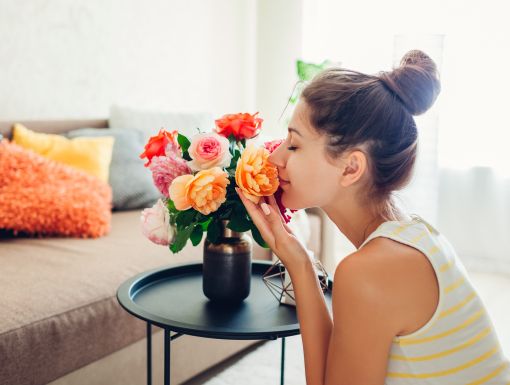
COVID-19 and Obesity: What You Need to Know
If you or a loved one has underlying health conditions, including obesity, you may be especially worried about coronavirus (COVID-19). Because COVID-19 is a new virus, we are still learning a lot about it. Based on current information and data, it appears that patients who have COVID-19 and are obese are at a higher risk of becoming critically ill than those with COVID-19 who are not obese.
What is obesity?
Obesity is defined as having a body mass index (BMI) of 30.0 or higher. Curious about your BMI? You can use the CDC’s Adult BMI Calculator to figure out your BMI by entering your weight and height. An important note is that BMI does not directly measure body fat, so on an individual level, it can be used as a screening tool but not as a diagnostic tool.
How is obesity linked to coronavirus?
Obesity is a very complicated health issue that results from a combination of causes and contributing factors. People who have obesity are at an increased risk for many serious diseases and health conditions as opposed to those with a normal or healthy weight. These include high blood pressure (hypertension), Type 2 diabetes, and coronary heart disease. According to a report from the National Health Service’s Intensive Care National Audit & Research Centre, two thirds of patients with COVID-19 who required critical care were also overweight or obese. The Louisiana Department of Health’s update from March 27 included a listing of underlying conditions among COVID-19 related patients, showing that 28% of those who died also had obesity.
I have obesity. How can I keep myself safe?
For those with obesity, your safest option is prevention. You should follow the precautions below:
- Practice social distancing. Keep 6 feet of distance between you and other people because COVID-19 can be spread by droplets in the air, released when people sneeze or cough.
- If you live with someone who is not feeling well, that person needs to be isolated in a separate part of the home. You should not share towels, dishes, bedding and other personal items. If possible, use separate bathrooms. Don’t sleep in the same bed.
- Wash your hands with soap and water frequently throughout the day for 20 seconds each time. Or, wash your hands with hand sanitizer containing at least 60 percent alcohol.
- Avoid touching your face.
- Clean and disinfect frequently touched objects and surfaces using household cleaning spray or disinfecting wipe.
- Cover your sneeze with a tissue and throw it away immediately, or sneeze into your elbow.
I am concerned that I have COVID-19. What should I do?
If you start to experience symptoms of COVID-19, you should reach out to your physician or nurse through Ochsner Connected Anywhere; the MyOchsner patient portal, which allows you to connect with your primary care physician or pediatrician; or call the Ochsner COVID-19 Info Line, our free nurse care line (1-844-888-2772). Your physician will be able to help navigate your symptoms to decide what is the best treatment option.
For general information about coronavirus, the Louisiana Department of Health offers its 211 hotline and the Mississippi State Department of Health can be reached at (877) 978-6453.

